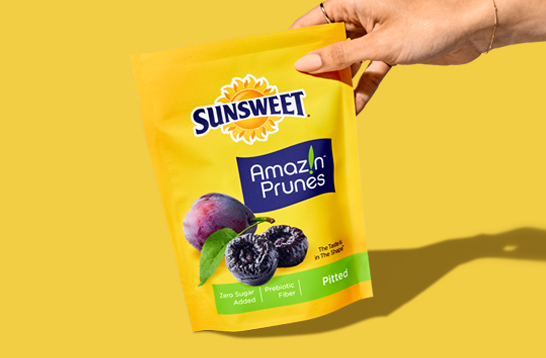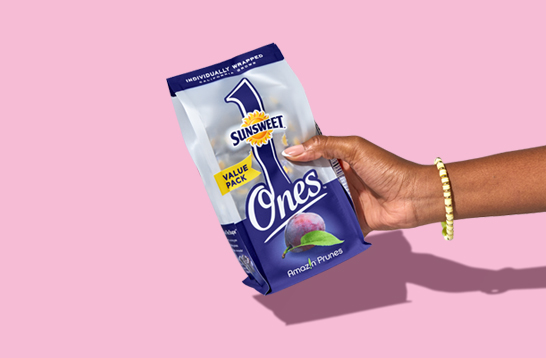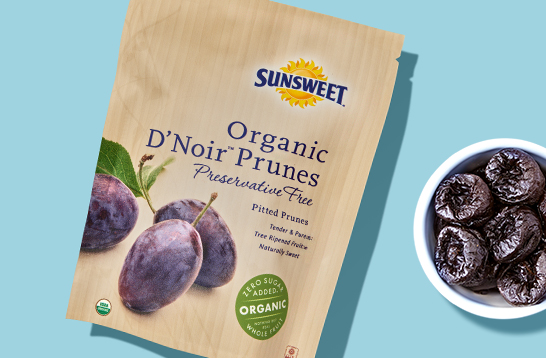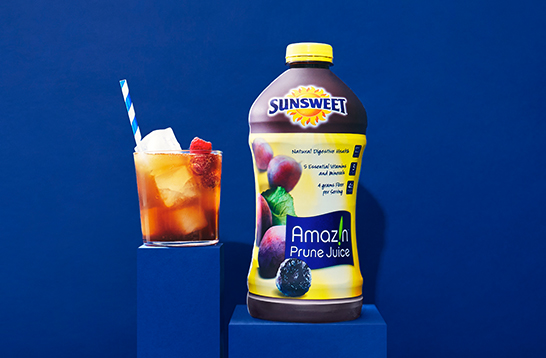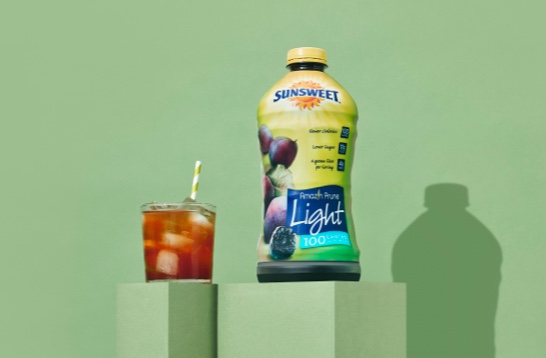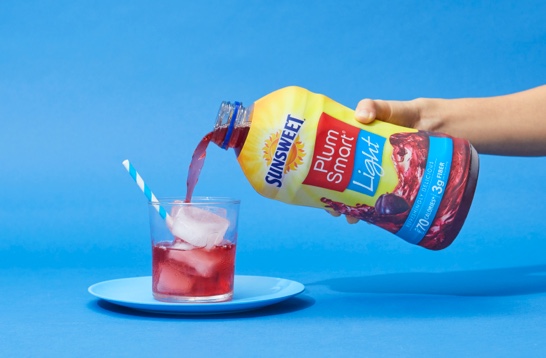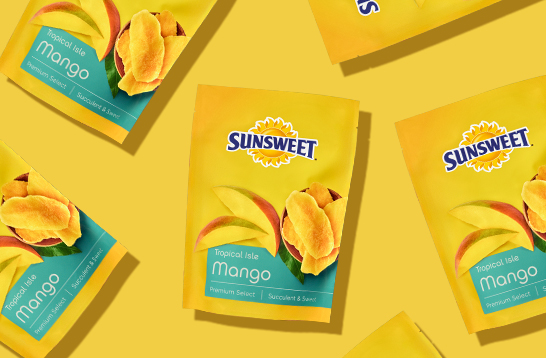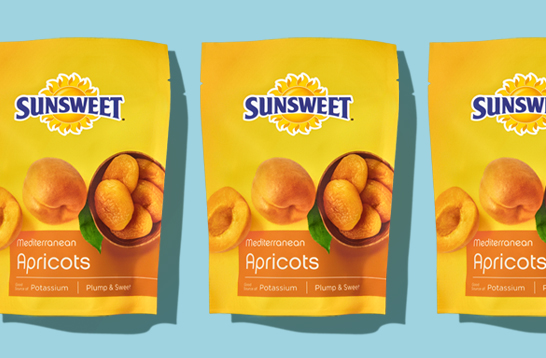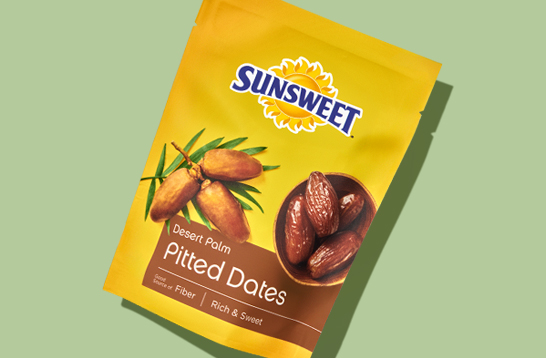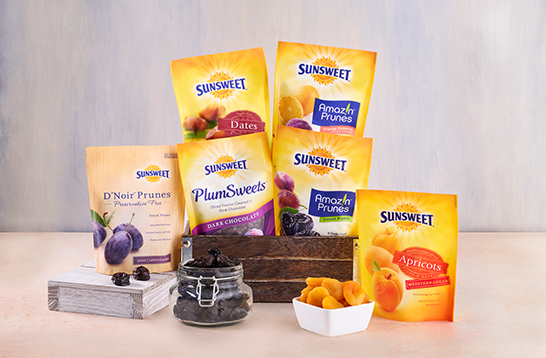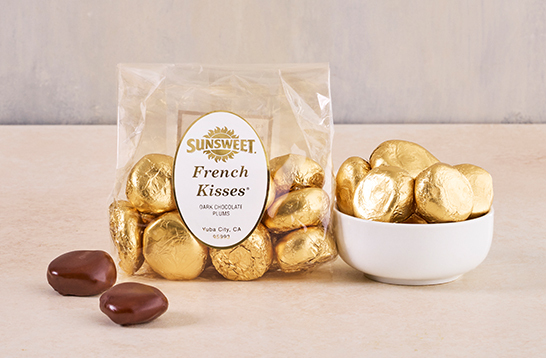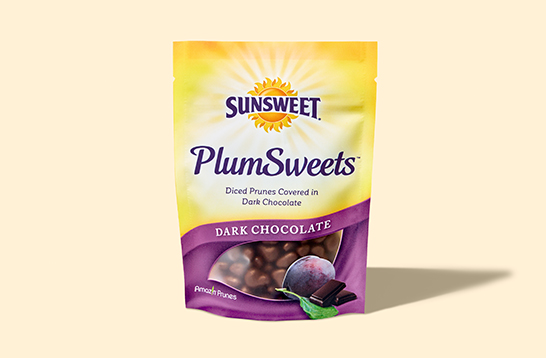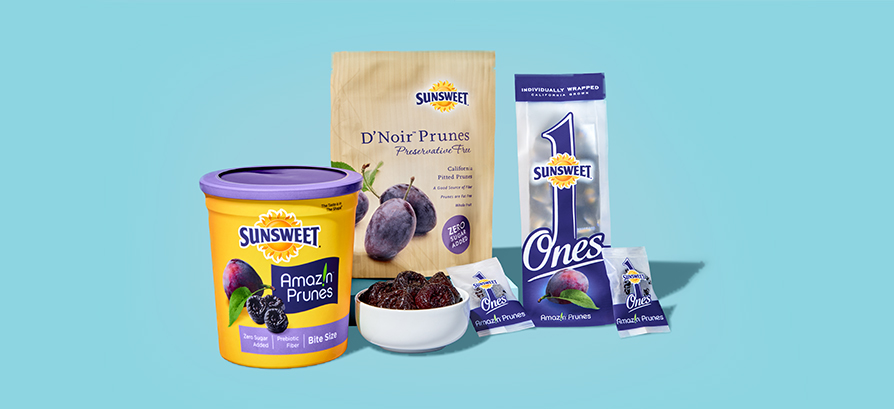Healthy Snacking
A good diet includes snacks
Snacking between meals has become a part of almost everybody’s busy lifestyle. Fortunately, most dietitians agree that sensible snacking isn’t only a good idea; it also helps regulate your blood sugar and appetite at mealtime. With a little planning and the right choices you can give your body the food it craves without packing on the pounds.
Enjoy What you Crave
If you’ve got to have something savory and crunchy, choose nuts or seeds. If you crave something sweet, reach for fruit – dried or fresh – instead of candy. Want something smooth and creamy? Choose Greek yogurt instead of ice cream. Not only is Greek yogurt tasty it’s full of gut-friendly probiotics.
Keep Size in Mind
Portion control is just as important when planning snacks, but remember, just a few bites will tide you over till mealtime. Also, try to limit snacks to about 100 calories. For example, that’s about one cup of celery sticks with two tablespoons of hummus dip or the sweet taste of four Sunsweet® Amaz!n™ prunes.
Plan Mini Meals
Think of a snack as a mini-meal and an opportunity to add a serving of healthy foods to your day. For instance, three or four whole wheat crackers topped with cheddar cheese and sliced apple provides needed nutrients from the grain, dairy, and fruit groups. And a protein source – such as cheese, yogurt, or nuts – helps tame hunger longer.
Make it Convenient
Instead of just grabbing a snack because you’re hungry and in a hurry, plan on having healthy “grab-and-go” options close at hand. Dried fruit like our individually wrapped Sunsweet ONES™ prunes can be stashed in your desk drawer or your purse so that you can enjoy something sweet on the go, anytime.
Think About Drinks
Beverages can contribute to good nutrition, too. Milk, vegetable, and fruit juices are a liquid source of vitamins and minerals. And some fruit and vegetable juices, like Sunsweet Amaz!n™ Prune Juice, can also be a source of dietary fiber.
Save Some Money
Fresh fruits and vegetables play an important part in healthy snacking. Try planning around what's in season because out-of-season fruits and vegetables are often imported,
expensive, and tasteless. Dried fruit provides a nutritious and more shelf-stable option year round, which can save money on spoiled food.
Stay In The Know
Get info on all of our recipes, updates, and new products—right to your inbox.




